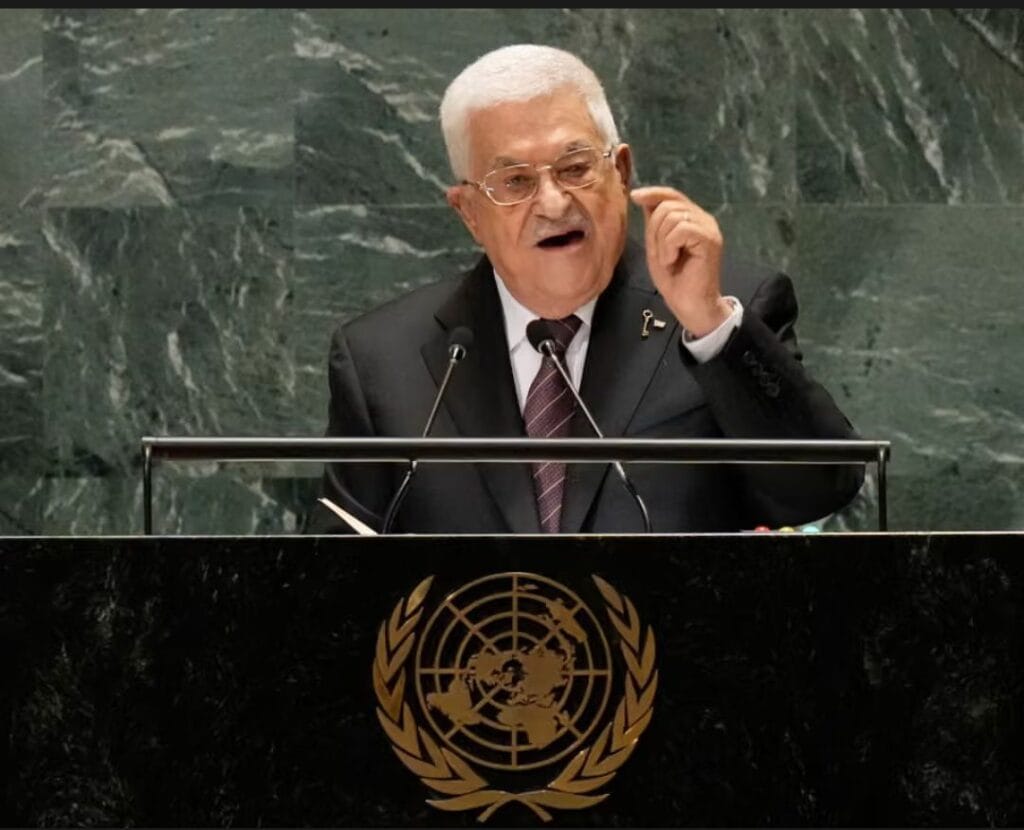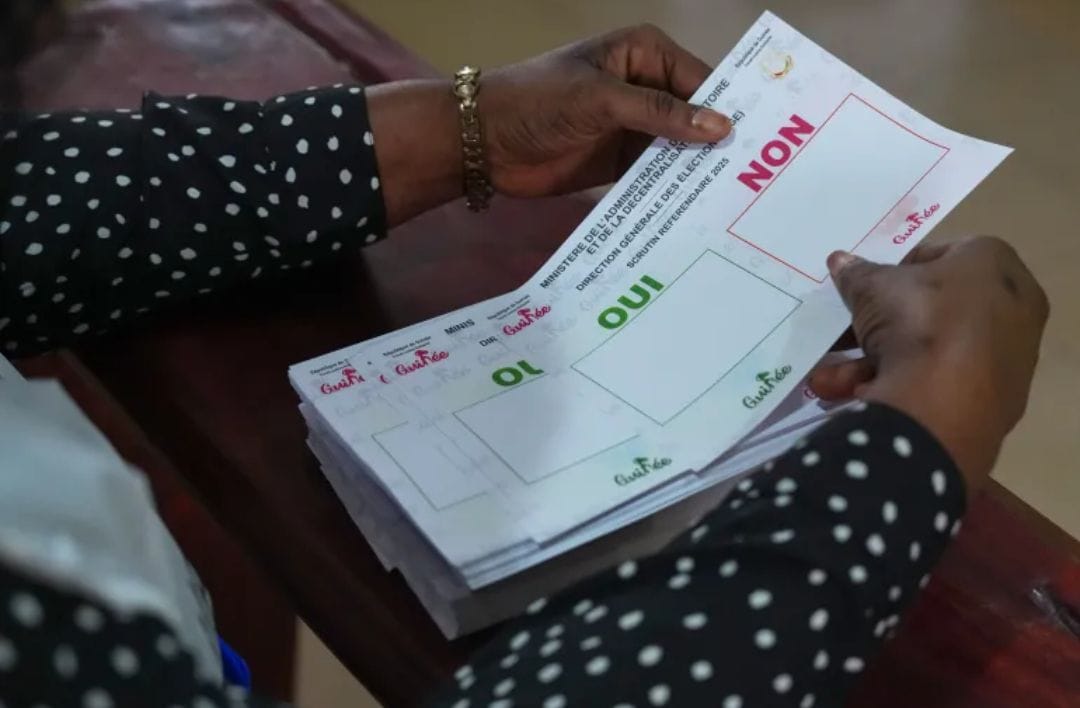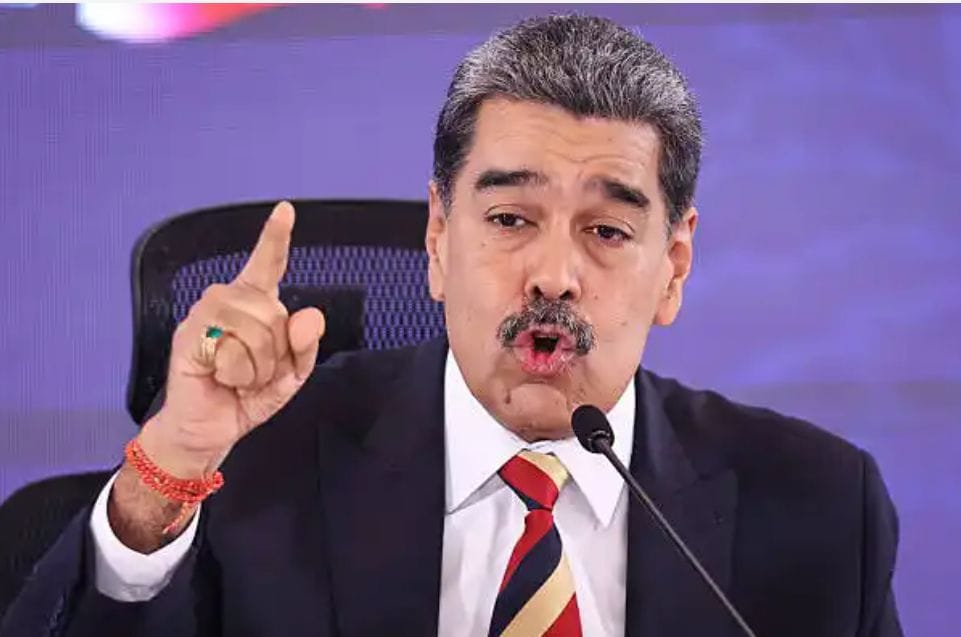Iran has announced a suspension of its nuclear cooperation with the United Nations’ nuclear watchdog, escalating tensions with Western powers and fueling fears of renewed conflict over its nuclear program.
The decision, taken by Iran’s Supreme National Security Council under President Masoud Pezeshkian, comes as France, Germany, and the United Kingdom—collectively known as the E3—prepare to reimpose sanctions that Tehran claims are unfair and politically motivated.
The move marks a significant deterioration in the fragile diplomatic framework that has governed Iran’s nuclear activities since the 2015 Joint Comprehensive Plan of Action (JCPOA).
Under that agreement, Iran had agreed to curb its nuclear program in exchange for sanctions relief. However, the deal unraveled in 2018 when the United States unilaterally withdrew and reimposed harsh sanctions, leaving Iran increasingly wary of international commitments.
According to officials, the suspension of nuclear cooperation is a direct response to the E3’s recent push to trigger the so-called “snapback” of UN sanctions. Iran argues that these measures disregard months of engagement aimed at ensuring compliance and monitoring.
“Despite prior cooperation and proposals presented to resolve the nuclear issue, the actions of European countries will effectively suspend the path of nuclear cooperation with the Agency,” the council said in a statement.
The decision has wide-reaching implications. Nuclear experts warn that halting Iran’s cooperation could slow inspections at sensitive sites and make verification of Iran’s nuclear activities more challenging.
While Tehran maintains that its program is peaceful, international observers remain concerned about the enrichment of uranium to levels nearing weapons-grade.
Earlier this year, the International Atomic Energy Agency (IAEA) reported that Iran had amassed over 400 kilograms of uranium enriched to 60 percent purity, underscoring the potential risks if nuclear cooperation is further curtailed.
Iranian leaders emphasize that the suspension is defensive rather than aggressive. President Pezeshkian has framed the decision as a necessary measure to protect national interests in the face of sanctions that could severely impact the country’s economy and military readiness.
“It is totally impossible to stop those who possess the will, determination, and ability to advance,” Pezeshkian said, signaling Tehran’s intention to continue its nuclear program irrespective of external pressure.
The suspension of nuclear cooperation also comes amid heightened regional tensions. Israel has previously conducted strikes on Iranian nuclear sites, citing threats to its national security.
These attacks have targeted facilities at Natanz and Fordow, which Tehran asserts are part of its civilian energy program. Iranian officials claim that their specialists are working to rebuild and strengthen these sites, further complicating international oversight in the absence of nuclear cooperation.
Diplomats from Russia and China have expressed opposition to the E3’s push for renewed sanctions, highlighting divisions within the international community.
Both nations have rejected the bid to trigger snapback sanctions, arguing that such unilateral measures could destabilize the Middle East and undermine the role of multilateral institutions.
In this context, Iran’s suspension of nuclear cooperation is likely to deepen geopolitical tensions, potentially isolating Tehran from some Western partners while aligning it more closely with nations skeptical of Western intervention.
The impact on global nuclear governance is profound. By halting nuclear cooperation, Iran limits the IAEA’s ability to verify compliance with international agreements.
This raises the risk of misunderstandings and miscalculations, as external powers may interpret the suspension as a step toward weaponization, even if Iran insists on peaceful intentions.
Analysts warn that without transparent nuclear cooperation, confidence-building measures are eroded, increasing the potential for conflict in an already volatile region.
Economic ramifications are also considerable. International sanctions could further constrain Iran’s energy sector, limit access to financial markets, and disrupt trade relationships.
The suspension of nuclear cooperation adds an additional layer of uncertainty for investors and foreign partners who rely on transparency in monitoring Iran’s nuclear activities. Tehran’s defiance signals that economic pressure alone may not suffice to influence its strategic decisions.
In addition to its political and economic dimensions, the suspension has domestic implications. Iranian leaders are leveraging the decision to consolidate internal support, portraying the move as a defense of national sovereignty against foreign interference.
State media has highlighted the suspension as a demonstration of Iran’s resilience, framing nuclear cooperation not as a gift but as a responsibility that must be reciprocated by the international community.
While the suspension of nuclear cooperation is primarily a response to external pressures, it also underscores the fragility of multilateral agreements.
The JCPOA’s unraveling, combined with renewed sanctions and unilateral military actions, illustrates how quickly diplomatic achievements can be reversed when trust between parties erodes.
Experts emphasize that restoring nuclear cooperation will require careful negotiation, confidence-building measures, and a willingness from all sides to engage in sustained dialogue.
International responses to Iran’s suspension of nuclear cooperation have been mixed. European nations have expressed concern about the potential for destabilization, emphasizing the need for Tehran to resume engagement with the IAEA.
The United States, while supportive of sanctions, has called for a diplomatic solution that ensures transparency and prevents nuclear escalation. Meanwhile, Iran has signaled its openness to dialogue, provided that negotiations respect its national interests and lead to a meaningful lifting of punitive measures.

In the broader context, the suspension of nuclear cooperation reflects a recurring pattern in Iran’s foreign policy: balancing domestic legitimacy with international obligations.
Tehran seeks to maintain credibility at home while resisting perceived coercion from external powers. This dual strategy complicates efforts to achieve lasting resolution and underscores the importance of nuanced diplomacy in addressing nuclear proliferation challenges.
Observers warn that the next few months will be critical. The international community must decide whether to double down on punitive measures or pursue a more flexible approach that encourages Iran to restore nuclear cooperation. Failure to achieve transparency could lead to misperceptions, increased regional tensions, and a potential arms race in the Middle East.
As Iran navigates this high-stakes environment, the suspension of nuclear cooperation serves as a stark reminder of the fragility of global agreements. It highlights the need for careful diplomacy, credible verification mechanisms, and multilateral engagement to prevent escalation.
The world watches closely as Tehran asserts its position, testing the limits of international patience and the resilience of institutions designed to safeguard nuclear security.
In conclusion, Iran’s suspension of nuclear cooperation marks a turning point in its engagement with the international community.
The decision reflects a complex interplay of security concerns, domestic politics, and geopolitical calculations. With sanctions looming and regional tensions mounting, the fate of nuclear cooperation will shape not only Iran’s future but also the stability of global nuclear governance.



